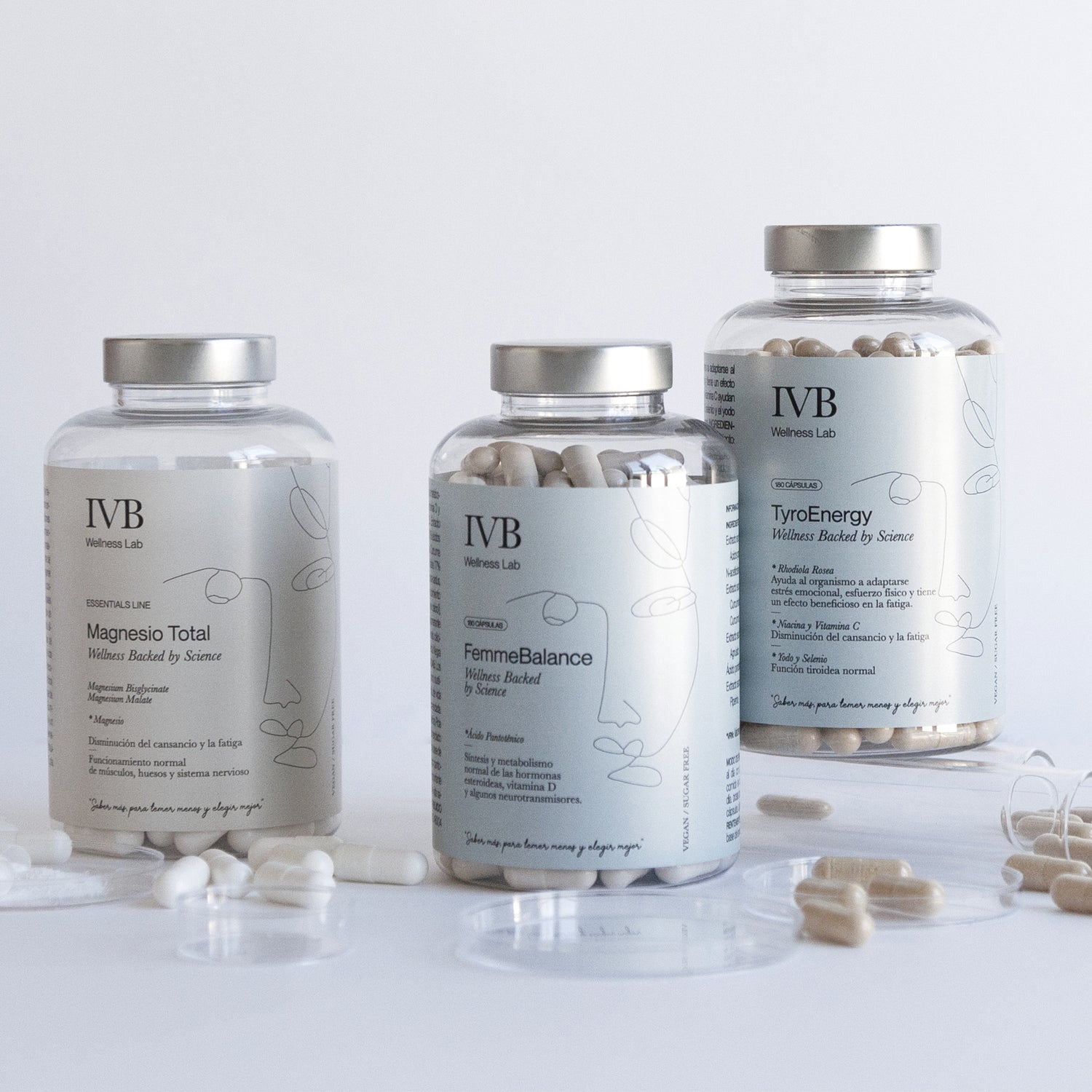The interesting thing is that both vitamins work together. Taking them separately may not be enough: D3 helps absorb calcium, but without enough K2, that calcium can end up in the wrong places.
- Vitamin D3:improves calcium absorption from the intestine.
- Vitamin K2:activates proteins such as osteocalcin(carries calcium to the bone)and the MGP protein(prevents calcium from accumulating in arteries).
This teamwork supports bone, cardiovascular, and metabolic health, preventing both osteoporosis and arterial calcification.
What does science say?
The D3 + K2 combination has been studied in various contexts. Here we summarize the most proven benefits.
Strengthens bones and prevents fractures
One of the benefits best supported by science is the effect of vitamins D3 and K2 on bones.
In a study with elderly patients undergoing spinal surgery for osteoporosis, it was observed that those who took D3 together with K2 and calcium for six months achieved abetter bone healing and a higher rate of bone fusionthan those who only took D3 and calcium.
In addition, in postmenopausal women, the combination helped tomaintain the bone density of the femoral neck, which is an area particularly vulnerable to fractures. These results are consistent with those of a meta-analysis that analyzed data from nearly a thousand people, concluding that the combined use of these vitamins not onlyimproves bone quality, but alsoreduces a blood marker associated with more fragile bones.
Helps control sugar and improves metabolism
The combination of vitamin D3 and K2 has also shown benefits in people with type 2 diabetes.
In a clinical trial, participants who took both vitamins for three months achievedreduce blood glucose levels and improve insulin sensitivitycompared to those who did not receive the supplement. Additionally, positive changes were observed in osteocalcin, a protein that links bone health to metabolism.
It can protect your heart
A clinical trial with more than 300 older adults showed that taking vitamin D3 and K2 for two years helpedstop the accumulation of calcium in the heart arteries, a major risk factor for cardiovascular disease. In addition, the group taking the supplement hadfewer serious cardiac events than the placebo group.
Its effect on the arteries in the neck (carotids) is also being studied, with preliminary results supporting this protective function.
Oral health and gum disease prevention
AlthoughThere are fewer studies in this area, a clinical trial showed that the combination of D3 and K2 can serve ascomplement to conventional treatment of periodontitis(a chronic gum disease). Patients who received the supplement along with deep dental cleaning showedBetter results in reducing inflammation and improving overall oral health.
Where are they found and how to take them?
- Vitamin D3The main source is sunlight. It's also found in fatty fish, egg yolk, liver, and supplements.
- Vitamin K2: It is found in fermented foods (such as natto, a Japanese food), aged cheeses, liver, and supplements.
Conclusions
The combination of vitamin D3 and K2 has been shown in clinical studies tocan strengthen bones,protect the heart,improve metabolism and support oral healthThese benefits are not merely theoretical, but are supported by high-quality research, with consistent, positive results.
That said, all complementation must be done under thesupervision of a health professional, especially if you have medical conditions or take medications such as blood thinners. Although both vitamins aresafe at the doses studied, each organism is different and deserves an individual evaluation.


La combinación de vitamina D3 y K2 ha demostrado en estudios clínicos que puede fortalecer los huesos, proteger el corazón, mejorar el metabolismo y apoyar la salud bucal.




